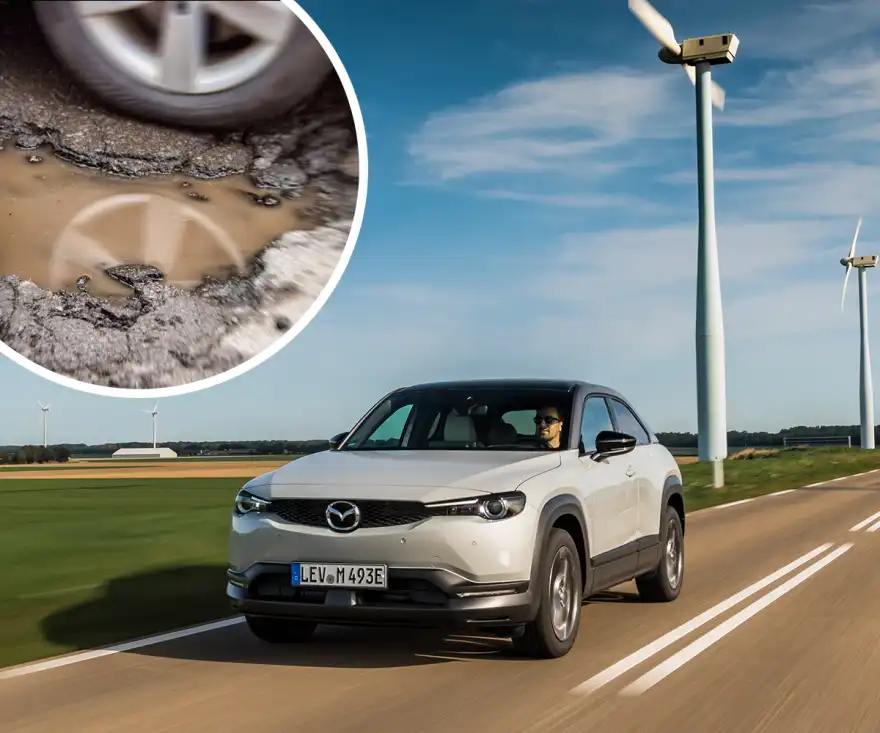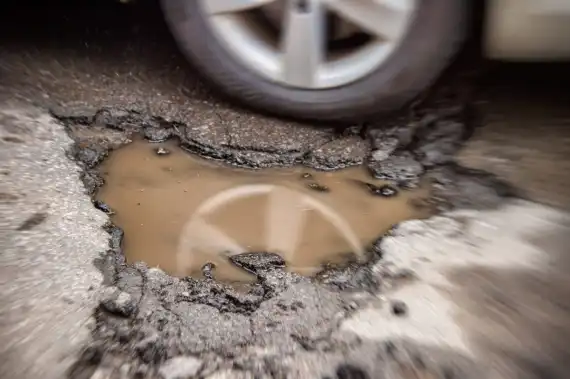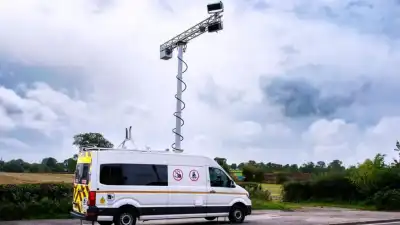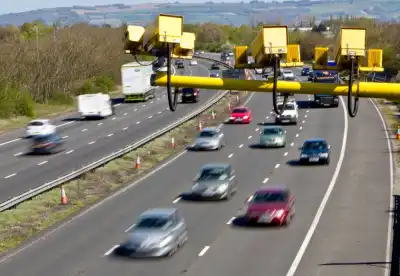
Analysis from The Telegraph claims electric cars damage roads twice as much as their petrol equivalents – fuelling the pothole pandemic on our roads - but is it really fair to put the state of our roads on a relatively small number of electric cars? Join the debate in the comments and have your say.
Back in March we reported how 18% of Britain’s roads could be deemed to be undriveable within five year unless action is taken to improve their condition.
Around half as many potholes were filled last year compared with a decade ago and it’s going to take an estimated £12bn to fix them.
And some studies have expressed that, due to the weight of electric cars, they risk worsening the condition of our roads given there’s now around 900,000 using them.
Although how that stacks up against the point that there are approximately 2m much heavier vans and lorries also using our roads is up for debate.
The report also fails to reference that the rise in the popularity of SUVs and other, heavier vehicles will have the same consequence.
The Department for Transport estimates around 80% of miles could be driven by electric vehicles by 2035 although by that time the expectation would be that the weight of the vehicles would’ve significantly reduced.
The Telegraph’s data found the average electric car puts more than two times the stress on roads than its petrol equivalent, and 1.95 more than diesel.
Potholes are often caused by the stress of heavy vehicles and continuous wear that causes cracks. If unrepaired those cracks, often helped by freezing conditions, then develop into potholes.

Rick Green, chair of the Asphalt Industry Alliance, previously told The Telegraph: “Unclassified roads would not have been designed to accommodate HGV axle weights, so heavier electric cars could exacerbate existing weaknesses thereby accelerating decline.”
As part of a separate research project, John Low estimated that the Scottish Government would require an additional £164 million to maintain roads if all buses and lorries became electric.
“Given the overwhelming impact of larger vehicles, the proportion of large vehicles would have to be very much smaller than the nationwide average for the impact of cars etc to be significant.”
He added: “There are also other fuel options where this could be less of an issue, like hydrogen vehicles, which are only slightly heavier than diesel ones, where effect would be greatly reduced. Synthetic fuels are another possibility.”
Do you think this report is accurate or does it overemphasise the impact of electric vehicles? Let us know your thoughts in the comments.




